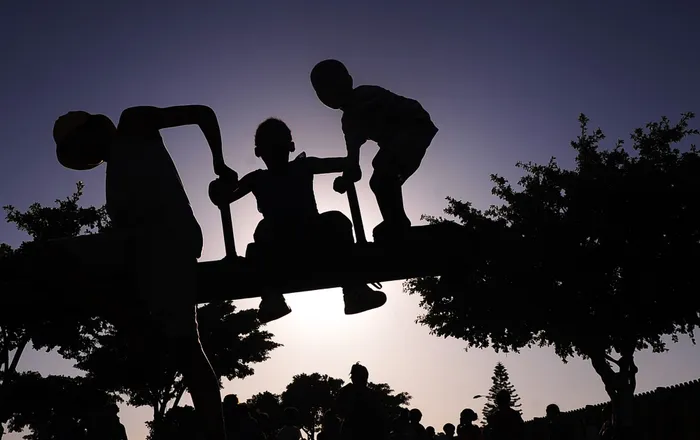Ritual attacks on African kids accused of witchcraft

Thousands of African children accused of witchcraft, according to a shocking report from the African Child Policy Forum (ACPF). Picture: ANA Archives
Cape Town - Governments have done nothing to prevent ritual attacks, abuse, physical and psychological violence on thousands of African children accused of witchcraft, according to a shocking report from the African Child Policy Forum (ACPF).
The report titled “Uncovering our Hidden Shame: Addressing Witchcraft Accusations and Ritual Attacks in Africa“, also uncovers how witchcraft accusations and ritual attacks happen within families and communities, but are hidden, ignored and go unreported to authorities.
The ACPF is an independent Pan-African institute of policy research and dialogue on the African child.
Its latest report analyses efforts by states and non-state actors to address violence against children driven by witchcraft accusations and ritual attacks.
Witchcraft accusations and ritual attacks against children have been reported in Benin, Burkina Faso, Ethiopia, Ghana, Madagascar, Niger, Angola, Eswatini, Liberia, Rwanda, Zimbabwe, Burundi, Democratic Republic of Congo, Tanzania, Central African Republic, Nigeria and South Africa.
ACPF executive director, Dr Joan Nyanyuki said Africans have ignored this horrific violence for far too long.
“It is utterly unacceptable that witchcraft accusations and ritual attacks on children are still widespread across the continent. Governments must uncover this hidden shame and address these crimes and extreme forms of violence, which have life threatening effects and often result in the death of innocent children,” she said.
The report also notes that many cases go unreported, due to fear of reprisal and lack of support for the victims from the justice system.
“Another issue is the fact that regardless of the legal and regulatory frameworks at national level, witchcraft cases are regularly adjudicated in customary and informal legal forums as well as formal courts. It is important that stakeholders involved in child protection systems pay careful attention to how ‘traditional’ leaders and other local authorities deal with witchcraft accusations and ritual attacks, and how these trends positively or negatively affect formal systems and structures.
“In conclusion, it is clear that legislation alone is ineffective in preventing people, including children, from being accused of what for most Africans is a heinous crime. These accusations often have dire consequences. The challenge is to devise ways to strengthen child protection systems to incorporate consideration of the harm caused by witchcraft accusations, without fuelling communities’ tendencies to perceive witchcraft as an existential threat,“ cites the report.
Nyanyuki agrees, adding that many countries’ laws do not explicitly prohibit accusations of witchcraft against a child, which in itself is an act of psychological violence.
“Worse still, beyond their failure to prevent these accusations and violent attacks, governments have also failed to minimise the harm children suffered when they fall victims.
“African states must uphold their obligations to protect all children, especially those who are vulnerable, at risk of being accused of being witches and of facing ritual killings. Among those in need of greatest protection are children with albinism who face the most gruesome forms of ritual attacks which result in extreme violence and death. Such accusations and attacks are crimes and must be treated as such - they must be outlawed and punished,” said Nyanyuki.
Cape Times
Related Topics: